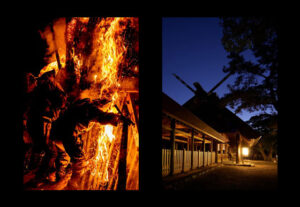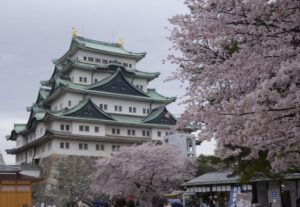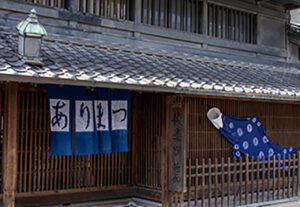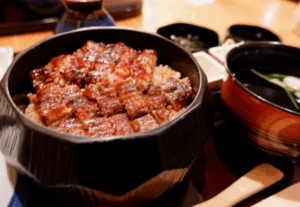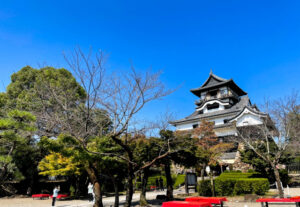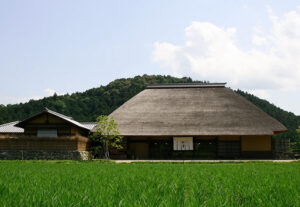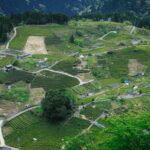
The history of Japanese samurai culture began in Nagoya, Aichi.
As a result, there's plenty to see and eat.
We'll introduce you to a fascinating tour that will allow you to experience history and food culture, including historical heritage sites, museums, city walks, and gourmet food.
destinations
- Toba Fire Festival: A Unique Festival of the World
- Experience the culture of the shogun and daimyo at Nagoya Castle and the Tokugawa Art Museum
- Walking around Arimatsu's streets and experiencing tie-dyeing
- Walking around Atsuta Shrine, Hitsumabushi lunch and Osu shopping street
- Inuyama Castle and Urakuen Garden, and watch cormorant fishing on the Kiso River.
- Genzaka Sake Brewery and Japanese Cuisine 5-Hour Tour
Experiences
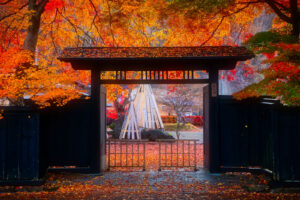
Destinations
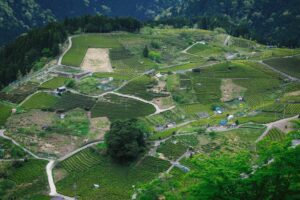
Itineraries

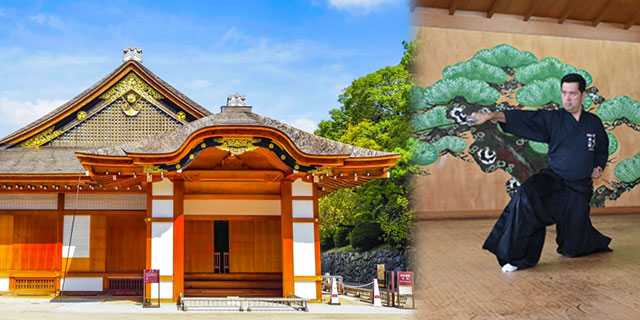
Origins of Japanese historical culture can be
found in Nagoya, Aichi
The traditional culture of modern Japan is mainly made up of things that were created during the Edo period. The Edo period was started by Tokugawa Ieyasu, a military commander who was active in Nagoya, Aichi. Therefore, the origins of Japanese historical culture can be found in Nagoya, Aichi.
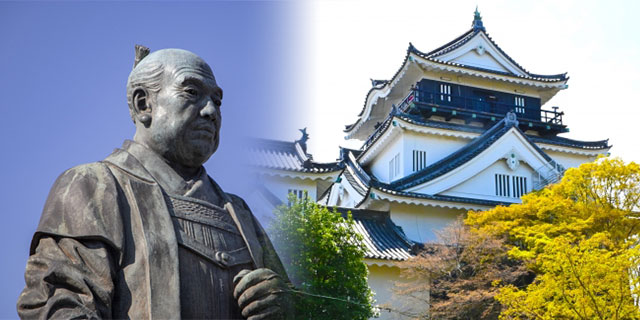
Who was Tokugawa Ieyasu?
TTokugawa Ieyasu is the man who ended the Sengoku period and founded the Edo Shogunate, which lasted for over 260 years. His cautious and patient nature made him the "man who ruled Japan," and he is known as one of the "Three Great Heroes of the Sengoku Period" who built a long and peaceful era. His life and character are still talked about today.
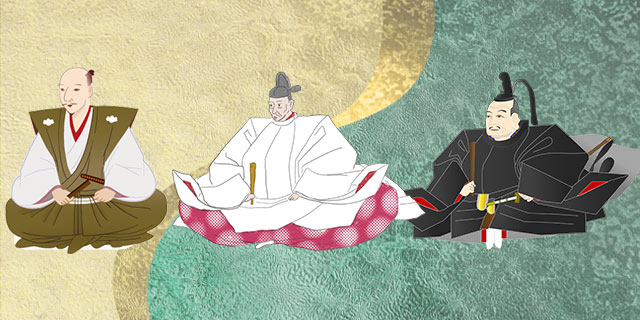
Who were the Three Great Heroes of the Sengoku Period?
The Three Great Heroes of the Sengoku Period, also known as the Three Unifiers of Japan, were Oda Nobunaga, Toyotomi Hideyoshi, and Tokugawa Ieyasu. These three powerful warlords, who all originated from and had ties to the Nagoya area, rose during the "Warring States" period to end the century of civil war and unify Japan, paving the way for the Tokugawa Shogunate's long era of peace.

Ambition, romance, and passion of the warlords
By following in the footsteps of these three great warriors of the Sengoku period, we can get a sense of the ambition, romance, and passion of the warlords who united a fractured Japan at that time. Perhaps these are the same passions that world leaders have today.
Experiences

Destinations

Itineraries


